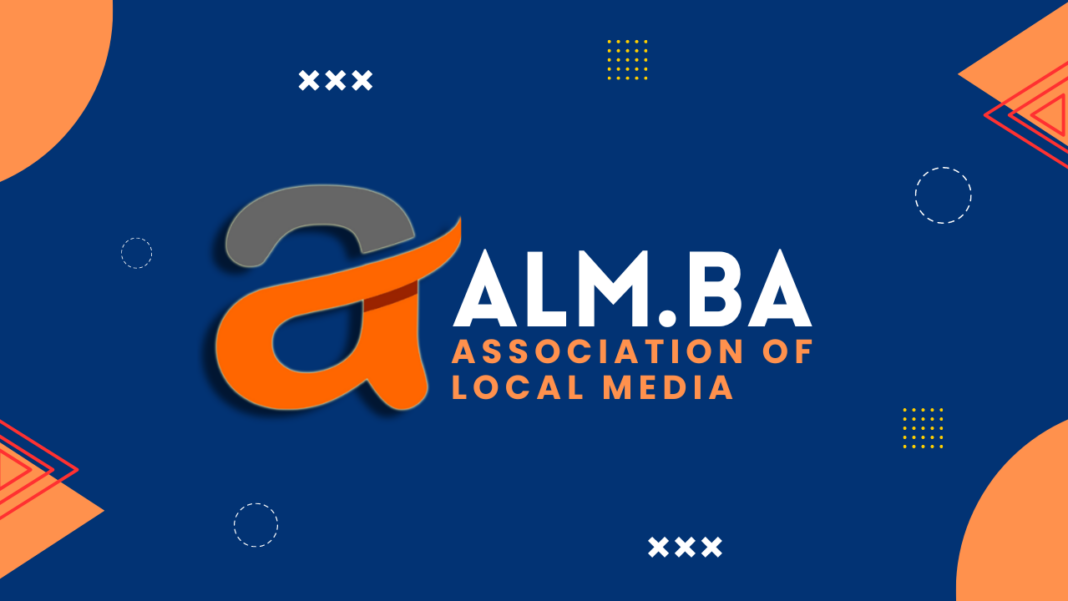Freedom of the media is often seen as a crucial indicator of the level of democracy in a society. This is because a free and independent media plays a vital role in upholding the principles of democracy, such as transparency, accountability, and the right to freedom of expression.
In a democratic society, the media serves as a watchdog, exposing corruption, injustice, and abuses of power. It also allows for the free exchange of ideas and diverse perspectives, promoting critical thinking and informed decision-making.
However, in countries where the media is not free, it can be used as a tool of propaganda and manipulation, serving the interests of those in power rather than the general public. In these cases, the media becomes a means of suppressing dissent and controlling public opinion, rather than facilitating the free flow of information and ideas.
There are various ways in which media freedom can be compromised, such as through censorship, media ownership concentration, and intimidation of journalists. These practices can have serious consequences for the health of a democracy, as they limit the ability of the public to access accurate and diverse information and to hold their leaders accountable.
It is therefore essential that media freedom be protected and promoted in order to ensure the vitality of democracy. This can be achieved through a variety of measures, such as the protection of journalists and their sources, the establishment of independent media regulatory bodies, and the promotion of media literacy.
In conclusion, the freedom of the media is a crucial indicator of the level of democracy in a society. Protecting and promoting this freedom is essential for the health and vitality of democratic institutions and the well-being of citizens.
In Bosnia and Herzegovina, the state of media freedom has long been a concern. According to the Reporters Without Borders Press Freedom Index, Bosnia and Herzegovina ranks 102nd out of 180 countries, indicating a significant level of media freedom restrictions.
One major issue is the concentration of media ownership, with a few powerful individuals and groups controlling the majority of media outlets. This can lead to self-censorship and bias in reporting, as media outlets may be more inclined to align with the interests of their owners rather than objective journalism.
There have also been instances of intimidation and violence against journalists, particularly those who report on sensitive issues such as corruption and organized crime. This can have a chilling effect on freedom of expression and discourage journalists from pursuing important investigative stories.
The lack of media freedom in Bosnia and Herzegovina can have serious consequences for the country’s democratic processes. Without a free and independent media, the public may not have access to accurate and diverse information, limiting their ability to make informed decisions and hold their leaders accountable.
Despite these challenges, there are also efforts being made to improve the state of media freedom in Bosnia and Herzegovina. For example, the Association of BH Journalists works to defend the rights of journalists and promote ethical standards in the media.
Overall, it is clear that the state of media freedom in Bosnia and Herzegovina has a significant impact on the country’s democratic processes. Ensuring the protection and promotion of media freedom is essential for the health and vitality of democracy in Bosnia and Herzegovina.
Comparing the state of media freedom as an indicator of democracy in Bosnia and Herzegovina with that of its neighboring countries, it is clear that the situation in Bosnia and Herzegovina is somewhat more concerning.
One reason for this may be the concentration of media ownership in Bosnia and Herzegovina, with a few powerful individuals and groups controlling the majority of media outlets. This can lead to self-censorship and bias in reporting, as media outlets may be more inclined to align with the interests of their owners rather than objective journalism.
In addition, there have been instances of intimidation and violence against journalists in Bosnia and Herzegovina, particularly those who report on sensitive issues such as corruption and organized crime. This can have a chilling effect on freedom of expression and discourage journalists from pursuing important investigative stories.
In contrast, both Serbia and Montenegro have made some progress in improving media freedom in recent years. While there are still challenges, such as media ownership concentration and the need to protect journalists, both countries have implemented reforms and taken steps to promote media freedom.
Overall, it is clear that the state of media freedom in Bosnia and Herzegovina lags behind that of its neighbors, and there is room for improvement in terms of protecting and promoting media freedom in the country. This is important for the health and vitality of democracy in Bosnia and Herzegovina.

